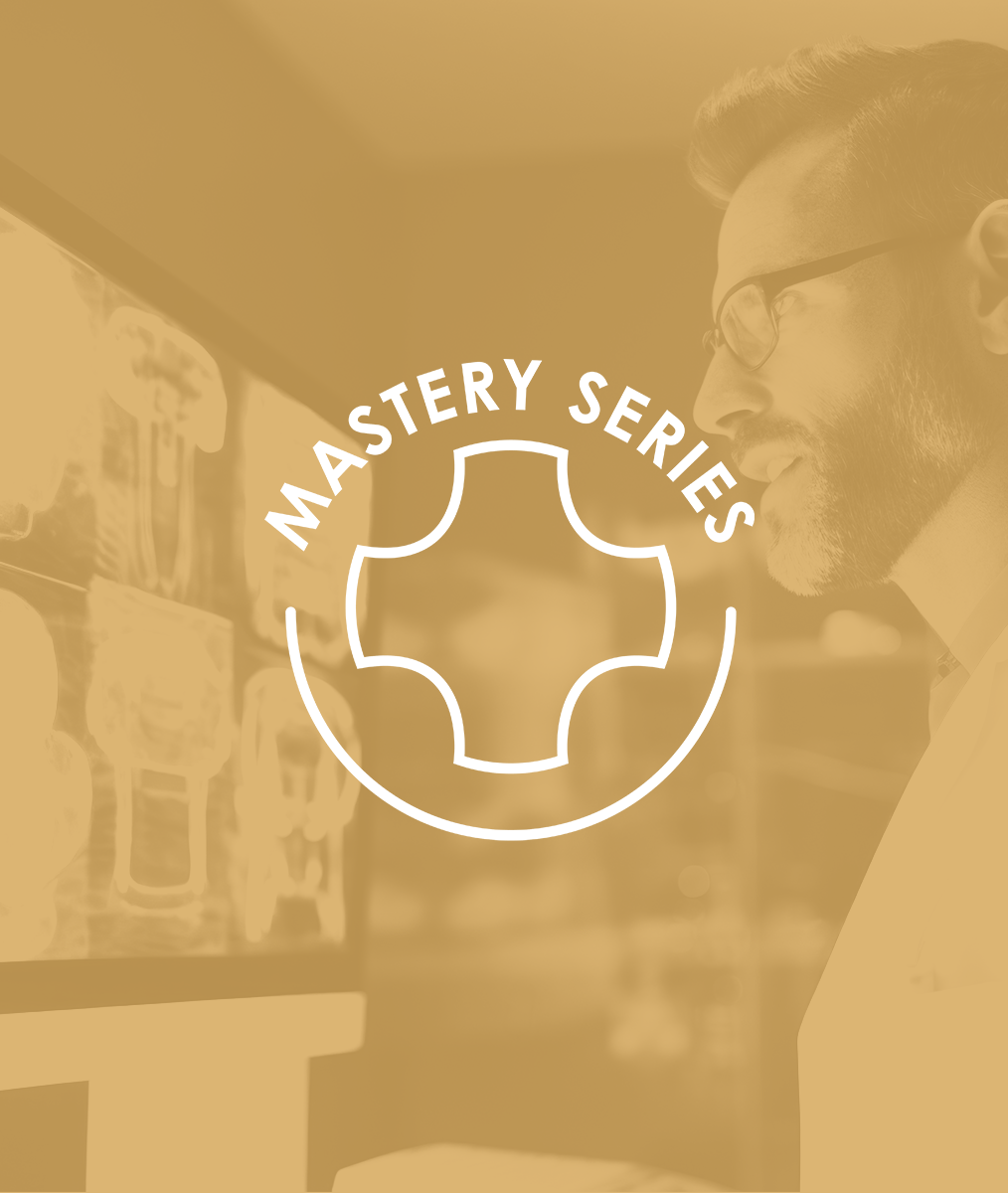
A Change in Behavior Begins with a Change in Belief
Three-quarters of human brain growth takes place in the first three years of life.
And that represents almost everything except the prefrontal cortex, which does not fully mature until around the age of twenty-five. This means that our ability to cognitively process…our ability to understand and respond appropriately to lower brain functioning, and particularly our emotional system, is quite limited early-on. Yet that is exactly when most of our beliefs about the world and how it works are formed and rarely challenged. So, when a person comes into the office claiming that “When I was a kid, the dentist put both feet on my chest to extract the tooth. It was horrible. I hate going to the dentist,” we are actually dealing with a belief and not a fact.
Responding to “When I was a kid…”
It is counterproductive to begin a new relationship with a person by telling them that they are wrong and don’t know what they are talking about. So, we have to begin someplace else, with the goal of facilitating a change in belief over time, and not with a goal of convincing others how much we know and that they should surrender to our intellectual prowess. Start with the understanding that we humans don’t like to be challenged as wrong. Also understand that we’d often rather be wrong than right, simply because it feels better to our ego.
It turns out that the only way beliefs change is through an inside-out process of self-reflection, re-assessment, new realizations, and new assumptions repeatedly confirmed by new experience. Before there is a commitment to action, your patient with negative beliefs about dentistry must go through this. And, I’ll bet you weren’t thinking all of that was going on in your patients’ brains, but it is…every single day. That is why relationship-based dentistry holds so much power and potential.
Truly helping relationships are the only vehicle through which significant personal change occurs in dentistry. L.D. Pankey said, “Know your patient,” not because you can use the knowledge strategically to defeat them on an intellectual level, but rather to help pave the way toward significant change and therefore better decision-making.
We can’t manipulate our patients toward becoming healthier.
In fact, the more we try to manipulate people, the more their lower brain recognizes something is wrong. It doesn’t know what, but at least it’s smart enough to stop listening, and focus on self-preservation—like staying away from people who will likely put “both feet on their chest.”
Related Course
Mastering Treatment Planning
DATE: October 2 2025 @ 8:00 am - October 4 2025 @ 1:30 pmLocation: The Pankey Institute
CE HOURS: 25.5
Tuition: $ 4795
Single Occupancy with Ensuite Private Bath (per night): $ 345
MASTERING TREATMENT PLANNING Course Description In our discussions with participants in both the Essentials and Mastery level courses, we continue to hear the desire to help establish better systems for…
Learn More>







Paul,
I am grateful for all of your writing and the guiding philosophy that you share with our community. You are truly integral to our profession and a great leader in dentistry.
Dennis